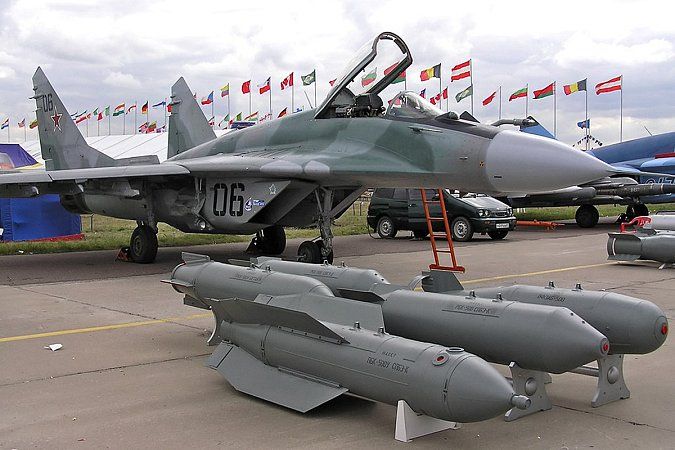ISW: Russian forces' operational rotations will likely sustain offensive tempo in eastern Ukraine

Russia's capacity for operational rotations is expected to sustain the pace of localized offensives in eastern Ukraine in the short term, the Institute for the Study of War (ISW) said in its latest update on Jan. 11.
The experts note, however, that is unclear if Russian forces will be able to conduct effective rotations in the long term or in the event of intensified Russian offensive efforts or a significant Ukrainian counteroffensive operation.
The strategic use of operational rotations by Russia serves to alleviate the gradual deterioration of attacking forces, which could otherwise lead to the culmination of Russian offensive endeavors over time. While various operational factors have historically played a role in the culmination of Russian offensives in Ukraine, limitations on manpower and combat-effective formations have consistently been a primary contributing factor.
"Russian forces are largely conducting infantry-heavy assaults in Ukraine with assault groups that do not necessarily require large amounts of equipment or high levels of training," the ISW said. The Russian force generation apparatus "appears to be replenishing losses in Ukraine with poorly trained and relatively combat ineffective personnel" whom the Russian command has deemed to be sufficient for routine attritional frontal assaults.
These assaults, according to the ISW, have yet to result in "more than marginal Russian gains in Ukraine" since early October 2023, and it is unlikely that Russian forces can continue them indefinitely in a way that will allow the Russians to convert tactical successes into operationally significant results.











